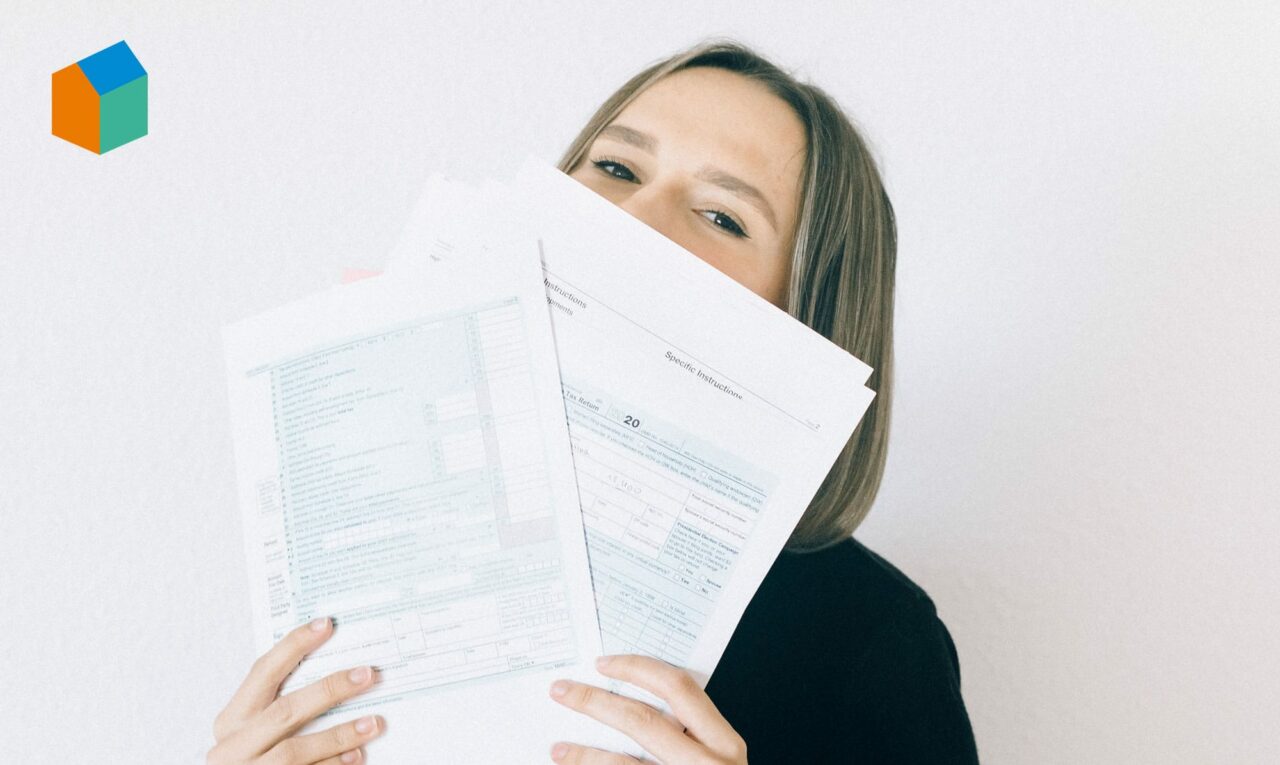Approximately ten years after its introduction into the real estate rental market, the option of dry coupon has become firmly established as the most popular tax application choice for owners of properties rented for residential purposes. In fact, it is a tax that property owners have the option to choose in lieu of conventional taxation based on the accumulation of income received by each individual including precisely that from housing leases and the application of the rate based on the declared overall taxable income.
But what is involved in renting on a dry coupon basis ? And what does it entail ?
Dry coupon was introduced in 2011, Legislative Decree 23/2011, and changes for landlords who benefit from it, the management of taxation arising from rents. In fact, landlords do not add together in their declarations the income derived from the leases subject to the dry coupon and pay, in lieu of IRPEF and regional surtaxes, amounts according to rates defined by law.
The option can theoretically last throughout the life of the contract, but there is a possibility at each contract renewal year to decide whether to keep it or not, we will explain later how.
What are the rates of dry coupon ?
There are actually two rates and they cover residential contracts.
- 21% for rents on freehold leases.
- 10% for rents on agreed rental agreements.
A brief aside: with free rent, the parties involved freely determine the amount of rent that the tenant will have to pay to the landlord and by law it has a duration of 4+4, that is, 4 years that are automatically renewed for an additional 4, except in the cases provided for; agreed rent, on the other hand, provides for a rent predetermined by the territorial bodies that protect landlords on the one hand and tenants on the other. In the latter case, the duration of the contract is 3 years + 2. By deciding to apply the option of dry coupon on these two types of contracts, one of the advantages from which the tenant benefits is to have a rent that does not suffer the adjustments calculated according to the increase in the cost of living (ISTAT adjustment).
Other facilities
That's not all. The law provides for landlords who adhere to dry couponing the forfeiture of registration tax for the various years of the contract, as well as thestamp duty. They also forfeit taxes in case of termination or extensions. This benefit also falls on the tenant party since it too is co-obligated to pay the registration tax.
As mentioned above, landlords also have the option of deciding each year whether or not to adhere to the dry coupon. In fact, they could start with it, only to revoke it the following year and return to this regime the year after that. It is sufficient to fill out a declaration up to 30 days prior to the expiration of the current annuity.
In what cases can you adhere to dry coupon ?
As already mentioned the dry coupon regime is provided for leases for residential use. In 2019 it had also been extended to C/1 categories for contracts for commercial purposes, but this was a measure that was not subsequently extended. The properties can be all those between categories A1 and A11, excluding A10, and the contracts to which the dry coupon is applicable are as follows, including the two already mentioned:
- free rent lease
- lease agreement
- lease agreement for transient use
- lease agreement for students
- tourist lease
All natural persons who have ownership or usufruct rights over the property under the contract may join. If the right of ownership or usufruct is exercised by more than one person, each of them has the right to join the scheme or not regardless of what the others decide.
To whom does dry couponing suit ?
We are probably not very far from the truth in stating that dry couponing really does benefit everyone. Owners can save significantly compared to the traditional tax regime and always have the option to change. In addition, administratively they also face some simplifications. Life is also made easier for the conductors which benefit in turn from simplified management and some money saved on stamp and registration fees which in the conventional taxation system would be paid annually.
Finally, according to data provided by the Department of Finance, suits the state which has seen tax revenues increase significantly in the 10 years of this law's life. Consider that More than 2 million 700 thousand memberships were registered in 2019 to dry coupon (read official data id) and more generally there is derived tax revenue of about 2.7 billion annually.
This demonstrates the fact that when the IRS is simple and fair, taxpayers are more comfortable choosing lawful ways rather than staying in the underground.
If you would like more information about dry couponing and to evaluate whether this regime may really be right for you, call us at our phone number 0583.997201 or write to us by filling out the form below.

